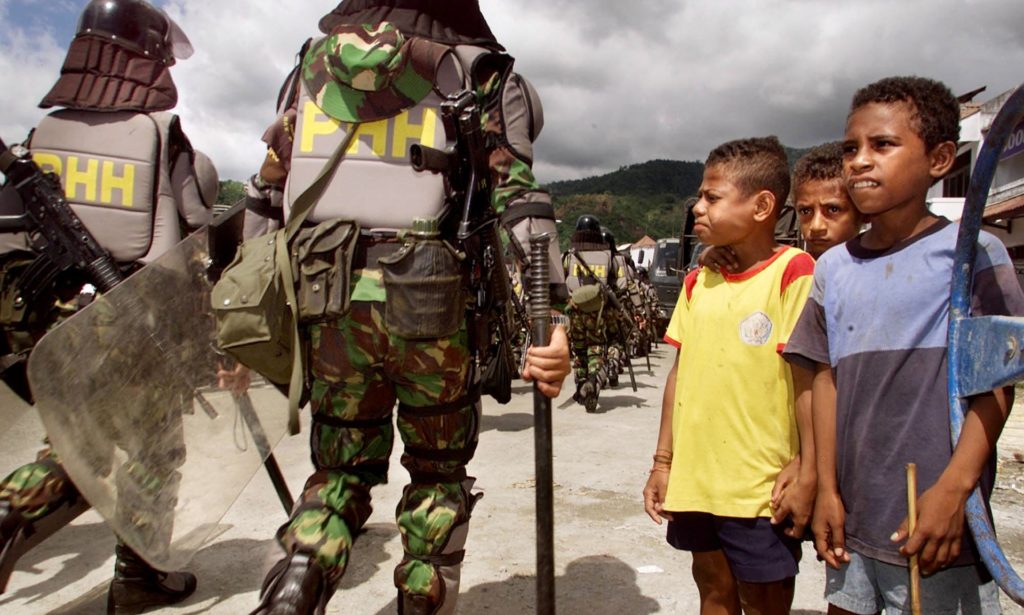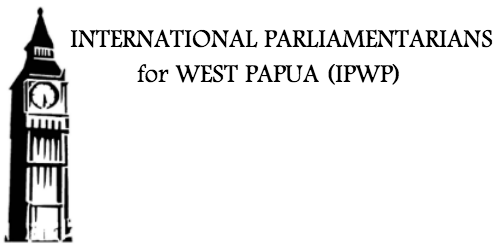The IPWP notes with deep concern the recent announcement by Minister of Transmigration Muhammad Iftitah Sulaiman Suryanagara that new Indonesian President Prabowo Subianto plans to introduce a new transmigration programme to West Papua.
Transmigration has led to dramatic demographic change in West Papua. Between 1972 and 2000, over 300,000 Indonesians were relocated to West Papua, and the non-indigenous population of West Papua rose from 6% to 21%. The aim of transmigration was to dilute the Indigenous Melanesian population, while securing control of West Papua’s rich natural resource base. Though official state-backed transmigration to West Papua ended in 2001, unofficial transmigration has continued. As a result, it is now very likely that Indonesians outnumber Indigenous West Papuans within West Papua.
Transmigration has produced structural discrimination in education, land rights, and employment. There is a high level of income and wealth inequality between Papuans and Indonesians, while migrants dominate the labour market. Far from realising welfare equality across Indonesia, as Minister Suryanagara suggests, transmigration has helped ensure that West Papua remains Indonesia’s poorest province.
Successive transmigration programmes have also worked in tandem with the increase of militarisation and forced displacement in West Papua. In 1981, Indonesia launched Operation Clean Sweep, which aimed at forcing West Papuans from their land and replacing them with transmigrants. Between 3000 and 13,000 West Papuans are estimated to have been killed during the operation.
Today, West Papua is in the grip of a new humanitarian crisis. According to the UN, from 2018 to 2022, between 60,000 and 100,000 West Papuans were displaced as a result of Indonesian militarisation. As of September 2024, human rights defenders estimate that over 79,000 Papuans remain internally displaced and unable to return to their homes. Indonesia continues to refuse access to West Papua to the Office of the United Nations High Commissioner for Human Rights (OHCHR), despite over 100 UN member states having demanded a UN visit.
The renewal of a state policy of transmigration to West Papua therefore represents a severe threat to West Papuan land rights and cultural survival. In light of this, we again call on the Indonesian government to allow the UN High Commissioner for Human Rights into West Papua as soon as possible, and urge the international community to do more to ensure this visit occurs.
Alex Sobel, MP, UK, IPWP Chair
Carles Puigdemont, MEP, Catalonia (Spanish State), IPWP Vice-Chair
Gorka Elejabarrieta, Senator, Basque Country (Spanish State), IPWP Vice-Chair
Matthew Wale MP, Leader of the Opposition, Solomon Islands, IPWP Vice-Chair

